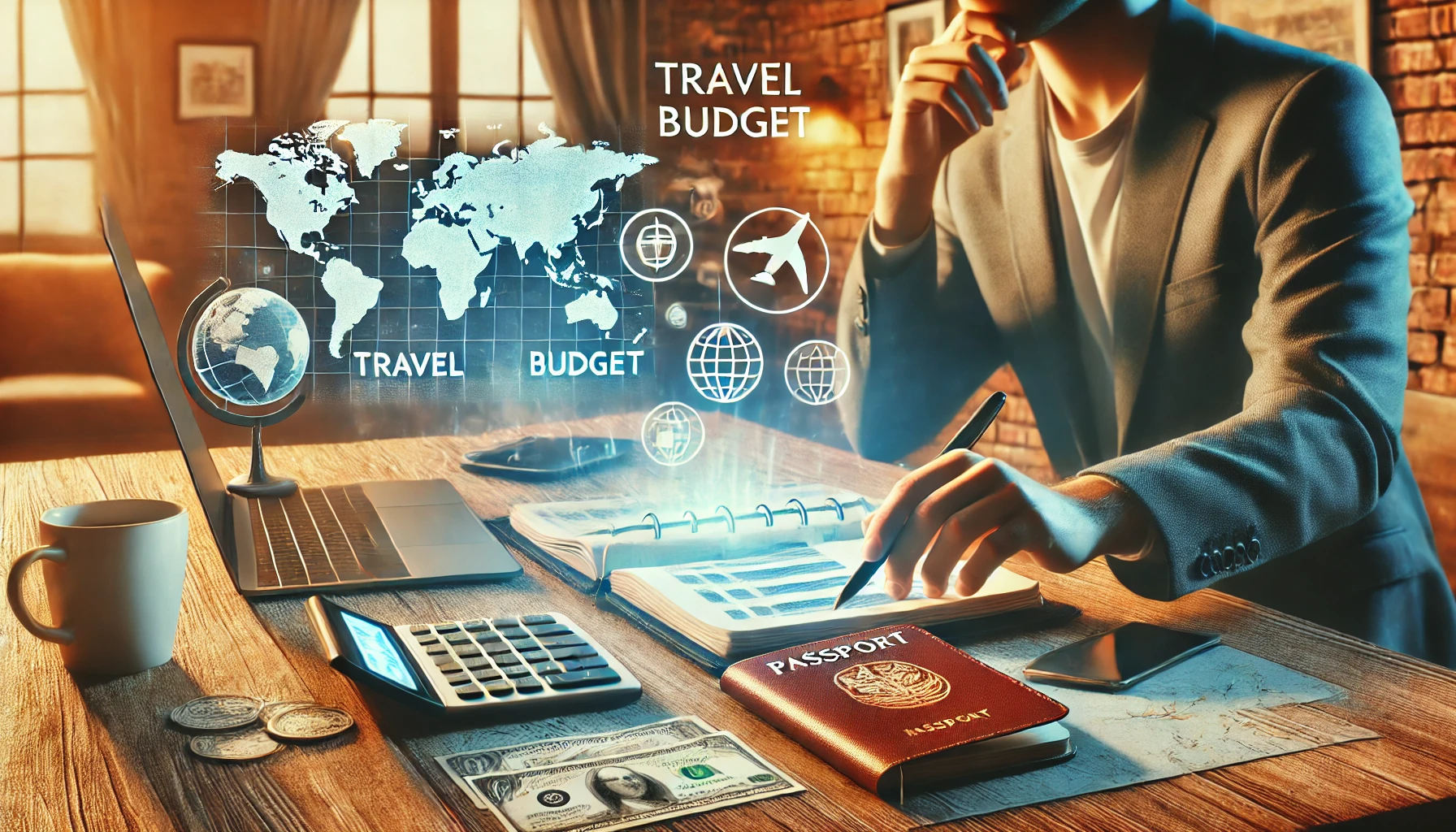Traveling is one of life’s greatest pleasures, but without proper financial planning, it can lead to unnecessary debt and stress. Whether you’re planning a short getaway or a long international trip, having a financial plan ensures you enjoy your travels without compromising your financial well-being. A well-structured plan helps you save efficiently, set a realistic budget, and make the most of your trip without overspending.
This guide will walk you through the essential steps to creating a financial plan for travel, from setting goals to managing expenses while on your trip.
Define Your Travel Goals
Before creating a financial plan, you need to define your travel goals. Understanding where you want to go, how long you’ll stay, and what type of experience you’re looking for will help determine your budget.
Consider the following questions:
- What is your destination?
- How long will you stay?
- What type of accommodation do you prefer?
- What activities and experiences do you want to include?
- Will you be traveling alone, with family, or in a group?
By clarifying your travel goals, you can set a more accurate budget and develop a solid savings plan.
Research the Cost of Your Trip
Once you’ve defined your travel goals, the next step is researching the estimated costs of your trip. This includes transportation, accommodation, food, entertainment, and other expenses.
Major Cost Categories to Consider
Transportation
- Airfare, train tickets, or bus fare
- Car rentals or ride-sharing costs
- Local public transportation passes
- Gasoline if taking a road trip
Accommodation
- Hotels, resorts, or hostels
- Airbnb or vacation rentals
- Budget options like couchsurfing or camping
Food and Dining
- Daily meals at restaurants
- Groceries if you plan to cook
- Snacks and beverages
Activities and Entertainment
- Sightseeing tours and excursions
- Museum or attraction entrance fees
- Adventure sports or special experiences
Miscellaneous Expenses
- Travel insurance
- Visa fees and international travel permits
- SIM cards or internet access abroad
- Souvenirs and shopping
Set a Travel Budget
After researching costs, establish a clear travel budget based on your expected expenses. Break your budget down into categories to ensure you allocate funds appropriately.
How to Create a Realistic Budget
- Use online travel budget calculators or spreadsheets to track expenses.
- Add a buffer for unexpected costs (at least 10-15% of your total budget).
- Prioritize expenses based on what is most important for your trip.
- Consider the exchange rate if traveling internationally and factor in currency fluctuations.
By having a structured budget, you can control spending and avoid financial stress while traveling.
Start a Travel Savings Plan
Once you have an estimated budget, create a savings plan to fund your trip. Saving money in advance ensures you don’t rely on credit cards or loans to pay for travel expenses.
Effective Travel Savings Strategies
Open a Dedicated Travel Savings Account
- Set up a separate bank account just for travel savings.
- Automate transfers to this account each month.
- Consider using high-yield savings accounts for better interest earnings.
Cut Unnecessary Expenses
- Reduce dining out and entertainment costs.
- Cancel unused subscriptions and memberships.
- Opt for cost-effective alternatives to daily expenses.
Use a Travel Savings Jar
- Physically saving spare change can add up over time.
- Every time you skip an unnecessary purchase, put that money toward travel.
Take on a Side Hustle for Extra Cash
- Freelance, sell unused items, or take part in the gig economy.
- Direct extra earnings into your travel fund.
Book Smart and Save on Travel Costs
Reducing travel expenses allows you to stretch your budget further.
Find Affordable Flights
- Use flight comparison websites like Google Flights, Skyscanner, and Kayak.
- Set price alerts to track flight deals.
- Consider budget airlines and flexible travel dates.
Choose Cost-Effective Accommodation
- Compare hotels with vacation rentals on platforms like Airbnb or Booking.com.
- Look for discounts, loyalty programs, or bundle deals.
- Stay in budget-friendly hostels or guesthouses.
Save on Food and Dining
- Eat where locals eat instead of tourist areas.
- Choose accommodations with kitchens to cook meals.
- Use grocery stores and markets for affordable snacks.
Use Public Transportation Instead of Taxis
- Purchase daily or weekly transit passes for savings.
- Walk or rent a bike when possible.
- Use ride-sharing apps strategically to avoid overpriced fares.
Protect Your Travel Budget
Having financial safeguards in place ensures you’re prepared for unexpected expenses.
Get Travel Insurance
- Covers medical emergencies, trip cancellations, and lost luggage.
- Compare policies from providers like World Nomads or Allianz Travel.
Use Credit Cards with Travel Benefits
- Look for cards with travel rewards, cashback, and no foreign transaction fees.
- Use a credit card that offers travel insurance or emergency assistance.
Monitor Your Spending During the Trip
- Track daily expenses to ensure you’re staying within budget.
- Use travel budget apps like Trail Wallet or TravelSpend.
- Withdraw cash in advance to avoid excessive ATM fees.
Adjust and Optimize Your Financial Plan
If you notice you’re overspending or have extra savings, adjust your financial plan accordingly.
- Reduce spending on non-essential items if expenses are higher than expected.
- Take advantage of last-minute discounts on activities or accommodations.
- If you saved more than expected, consider upgrading parts of your trip or saving the extra funds for future travel.
Plan for Your Next Trip
After returning, evaluate your financial plan to improve your next travel experience.
- Review what worked well and what could be improved.
- Start saving early for your next trip.
- Continue using smart budgeting and saving strategies for future travel.
By planning your finances carefully, you can enjoy stress-free vacations while maintaining financial security.

